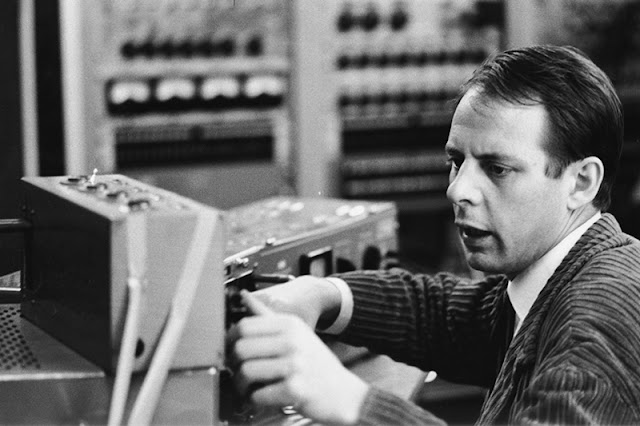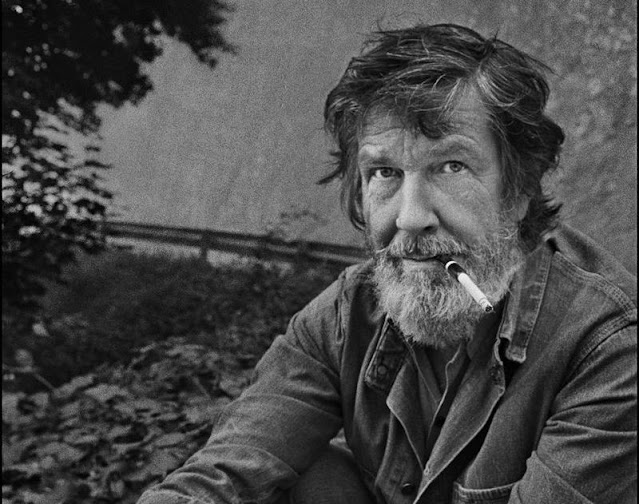Understanding Experimental Music: Noise, Drone, and Beyond
First, let's get our bearings. What exactly is experimental music? In a nutshell, it's a genre that defies genre. It's a musical playground where artists toss aside the rulebook and let their creativity run wild. Noise music, drone, and other experimental sub-genres might not always be easy on the ears, but they're always fascinating. They push boundaries, challenge norms, and invite us to experience music in entirely new ways.
Noise music, for instance, is like the rebellious teenager of the music world. It's loud, it's brash, and it's not afraid to make a statement. It's the sonic equivalent of a Jackson Pollock painting, splattering sounds in a seemingly chaotic manner. But within that chaos, there's a method, a message, and a unique form of beauty. Merzbow, a Japanese noise musician, is a perfect example of this genre's raw power and intensity.
Drone music, on the other hand, is all about sustained, repeated sounds or notes. It's like a long, deep breath that stretches on and on. It might sound monotonous, but it's incredibly immersive. It's a genre that invites you to lose yourself in the sound, to let the music wash over you and carry you away. Artists like Eliane Radigue and Phill Niblock are masters of this genre, creating soundscapes that are as vast as they are captivating.
The Challenge and Reward of Experimental Music
Now, you might be thinking, "This all sounds a bit too avant-garde for me." And that's perfectly okay! Experimental music isn't for everyone. But if you're willing to step outside your comfort zone, you might find that it's an incredibly rewarding journey. It's like developing a taste for spicy food or abstract art. It might be a bit jarring at first, but once you get the hang of it, you'll start to appreciate the complexity and depth that these genres offer.
Tips for Enjoying Experimental Music: A Beginner's Guide
So, how can you start enjoying experimental music? Here are a few tips:
-Start slow: Don't dive headfirst into the most extreme examples of experimental music. Start with more accessible artists and gradually work your way up. For instance, you might want to start with Brian Eno's ambient works before exploring his more experimental pieces.
-Listen actively: Experimental music isn't really meant for background listening. It demands your attention. So, put on your headphones, close your eyes, and really listen. Try to pick out individual sounds, notice how they change over time, and see what images or emotions they evoke.
-Keep an open mind: Remember, experimental music is all about breaking rules and challenging norms. It might not always be pleasant or comfortable, but that's kind of the point. So, keep an open mind, and try to appreciate the music for what it is, not what you think it should be.
-Explore: There's a whole world of experimental music out there, so don't be afraid to explore! Check out different artists, sub-genres, and eras. You never know what you might discover.
So, why should you listen to experimental music? Because it's a journey. It's an adventure. It's a chance to experience music in a whole new way. So, why not give it a shot? You might just find your new favorite genre. Happy listening!
Credits: Frequency Frontier


